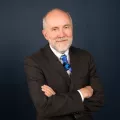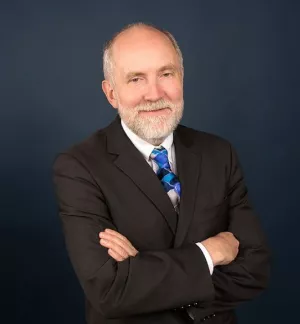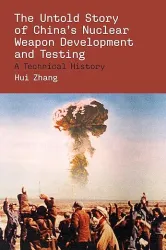Leaders at the 2010 nuclear security summit agreed on the goal of securing all vulnerable nuclear material in four years. This goal implied that many countries would change their nuclear security policies. But the factors that drive changes in nuclear security policies, and that constrain those changes, are not well understood. Matthew Bunn and Eben Harrell conducted a survey of selected nuclear security experts in countries with nuclear weapons, highly enriched uranium (HEU), or separated plutonium, to explore this issue. The survey included: (a) perceptions of which threats are credible; (b) approaches to nuclear security based on a design basis threat (DBT); (c) changes in nuclear security policy in the last 15 years; (d) factors causing and constraining changes in nuclear security policy; and (e) policy on how much information to release about nuclear security. This paper describes the survey, its results, and implications for next steps to strengthen global nuclear security.
Bunn, Matthew and Eben Harrell. “Threat Perceptions and Drivers of Change in Nuclear Security Around the World: Results of a Survey.” Managing the Atom Project, Belfer Center, March 2014







